
Channel Seven commentator criticized for 'motherhood' comment about Australia star Katrina Gorry during Women's World Cup match
A commentator for Australian network Channel Seven has been criticized for a comment he made about Matildas star Katrina Gorry during the team's 1-0 win over the Republic of Ireland in the Women's World Cup on Thursday.
2023-07-21 19:20
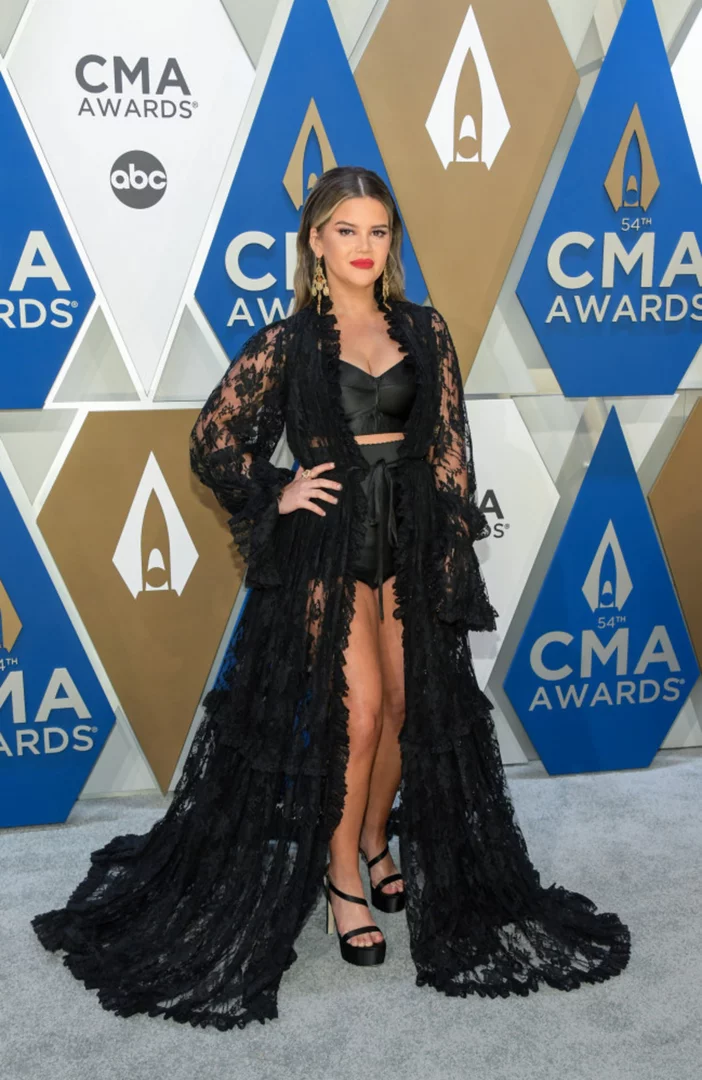
Maren Morris had to record her duet with Teddy Swims when she was ill
Maren Morris had to record her duet with Teddy Swims when she was ill.
2023-11-18 18:26

Mori Building opens new development in Tokyo, part of push to revitalize the city
Tokyo is constantly recreating itself
2023-10-06 10:28

How Brighton and one particular player became a huge problem for Man Utd
The background to how Brighton became Manchester United's bogey team in the Premier League and how one player in particular has terrorised the Red Devils in their own backyard.
2023-09-23 02:56

'She's already planning dinner parties': Barbra Streisand determined to find 'perfect match' for Jennifer Aniston
Jennifer Aniston once revealed that she 'would love a relationship' as she wishes to 'come home and fall into somebody's arms'
2023-06-10 23:26

NFL Rumors: Cowboys next signing won’t be Ezekiel Elliott reunion
The Dallas Cowboys are expected to pursue offensive line depth before considering a reunion with RB Ezekiel Elliott.The Dallas Cowboys began the preseason with a 28-23 loss to the Jacksonville Jaguars. Preseason results mean very little in the grand scheme of the NFL schedule, but for Dallas, ti...
2023-08-14 05:47
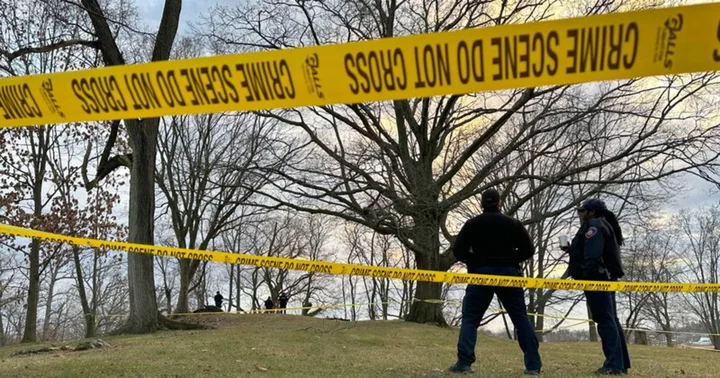
Who is Johnathan Baker? Ohio man charged for abducting and killing GF's 7-month-old daughter in crash while fleeing cops
Prosecutors stated in a joint statement that the infant's postmortem showed she had been shot twice and perished as a result of the wounds
2023-07-15 18:21

Australia central bank holds rates at 4.1% for fourth month
SYDNEY Australia's central bank held interest rates steady on Tuesday for a fourth month, but again warned that
2023-10-03 11:57
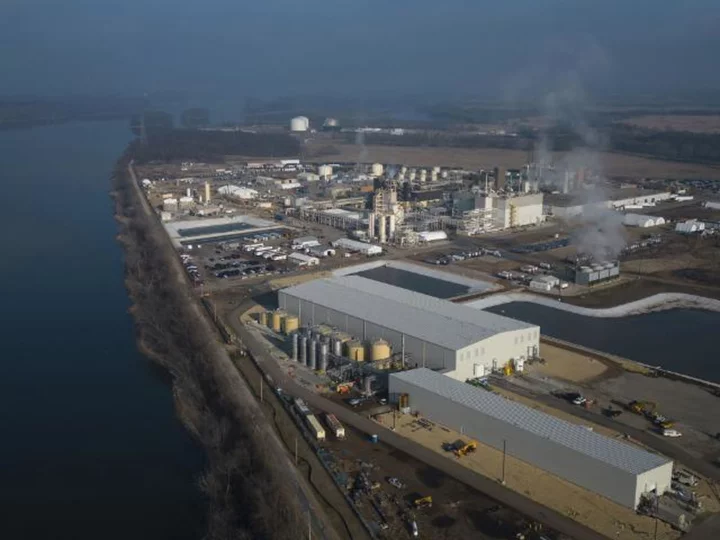
Manufacturing is sputtering in the world's largest economies
Manufacturers around the world are contending with weakening demand as the economic outlook for the industry darkens.
2023-06-11 22:21
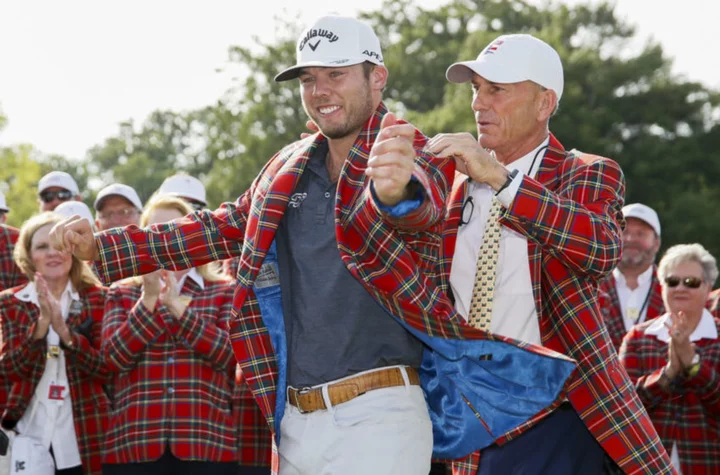
Charles Schwab Challenge power rankings based on odds
The second men's major tournament on the calendar is officially in the books with Brooks Koepka capturing his third PGA Championship.Now, the PGA Tour is set to begin a stretch of entertaining tournaments between now and the U.S. Open. The first one will be the Charles Schwab Challenge at C...
2023-05-23 04:26

Stunna 4 Vegas slammed for shouting at Monaleo moments after birth of their first child: 'Stop screaming'
In the video, Stunna 4 Vegas appeared visibly stressed during the birth and even banged on a window a few times
2023-05-27 09:22
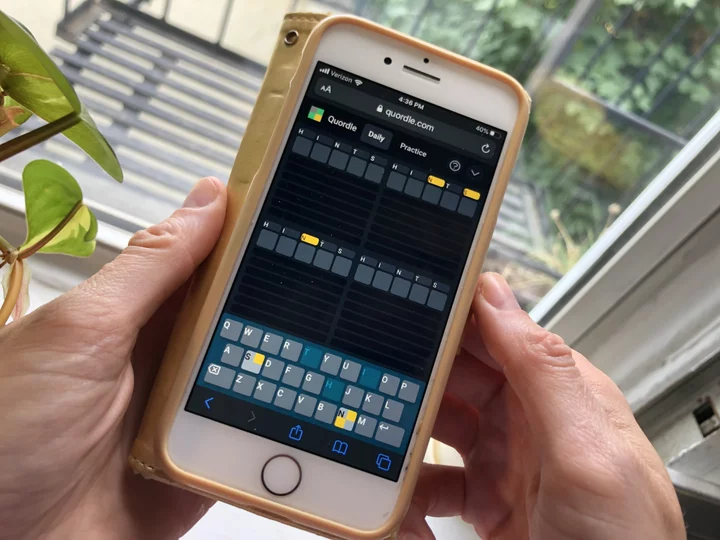
'Quordle' today: Here are the answers and hints for July 13
If Quordle is a little too challenging today, you've come to the right place for
2023-07-13 07:57
You Might Like...

Music gives hope to African asylum seekers in Cyprus

Sinfield's England to use lessons from historic Fiji loss for quarter-final
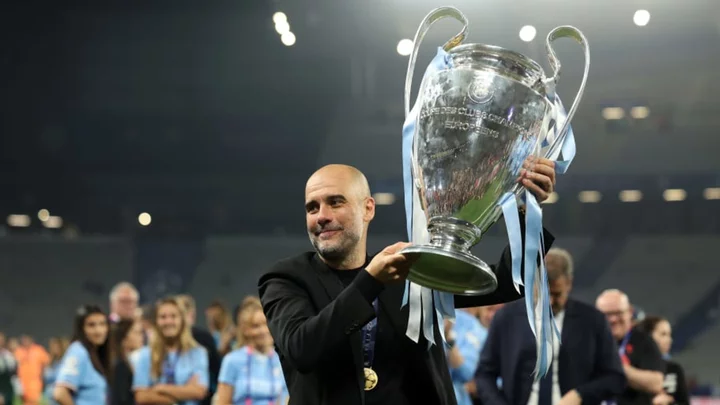
Pep Guardiola fires Champions League warning to Real Madrid
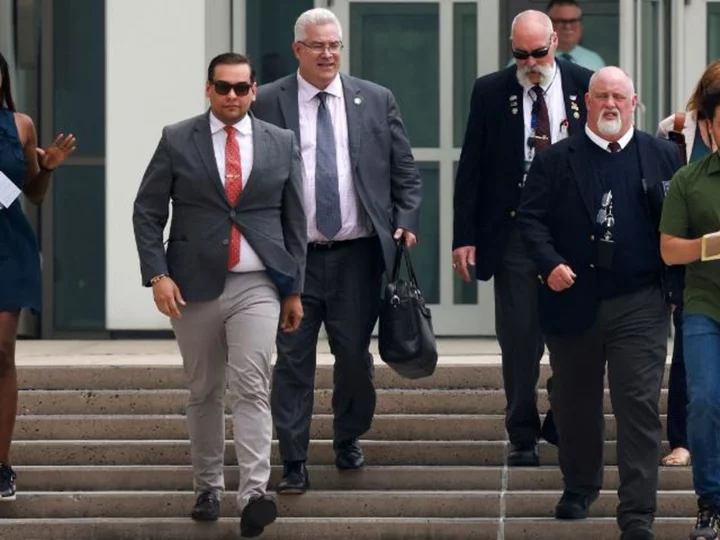
Santos appears in court for first time since pleading not guilty in criminal fraud case
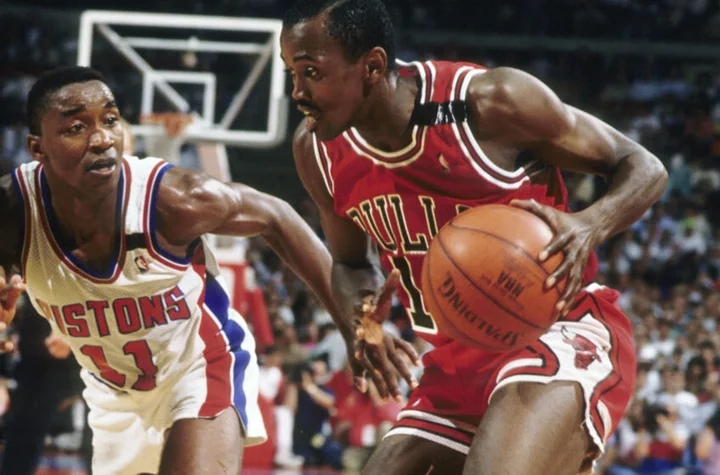
NBA Jam creator admits the game was rigged against the Chicago Bulls

Biden says he's 'serious' about working on a prisoner exchange to free Evan Gershkovich
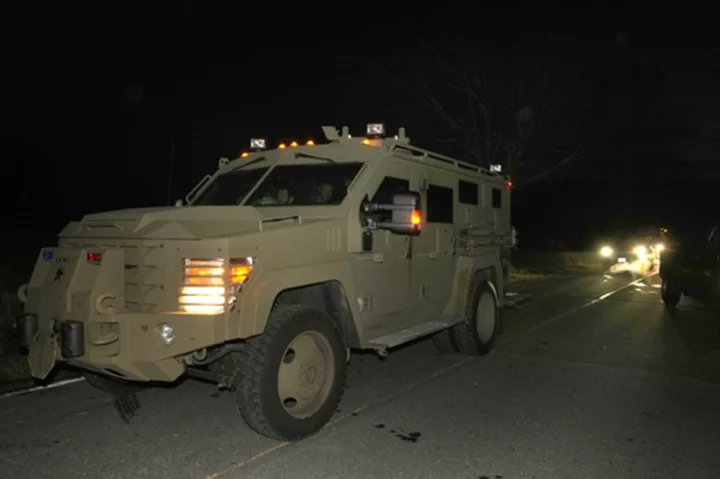
Search for Maine shooting suspect leveraged old-fashioned footwork and new technology
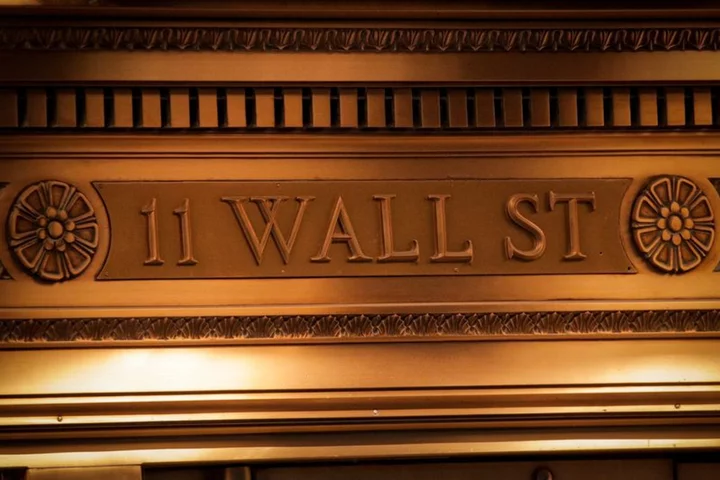
Marketmind: August rescued by Nvidia, bond rally
